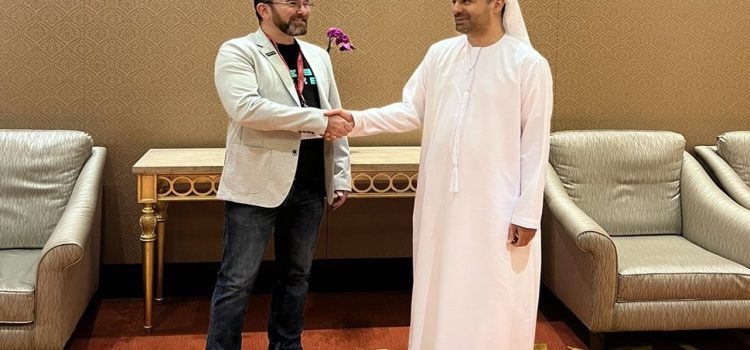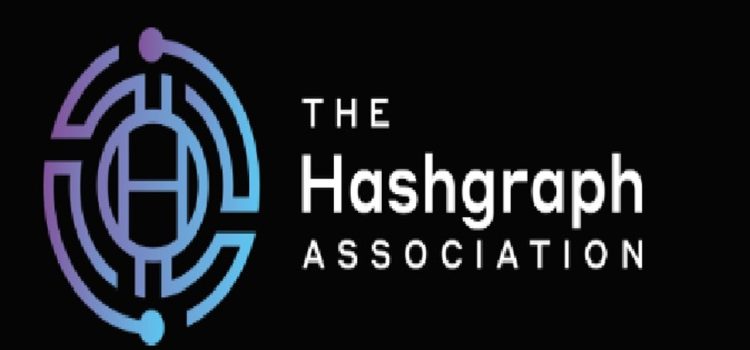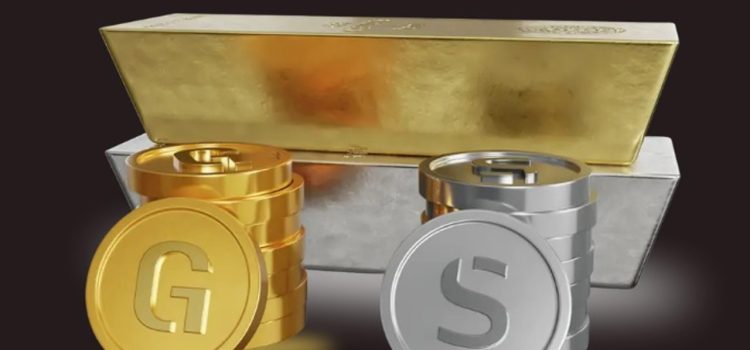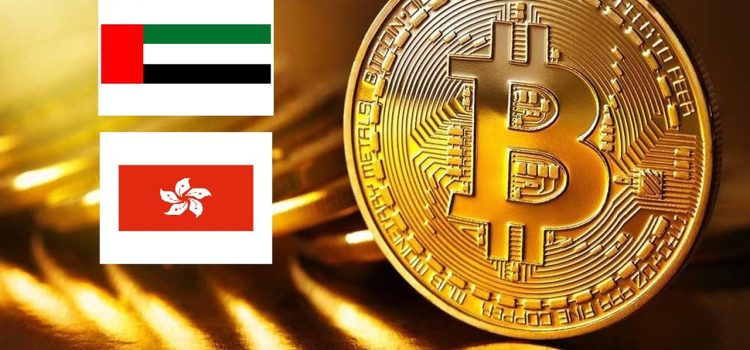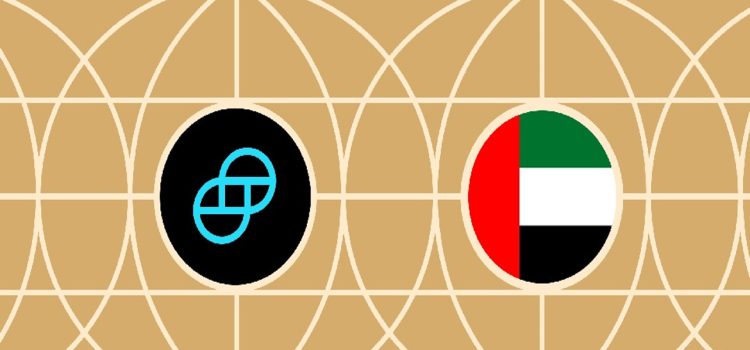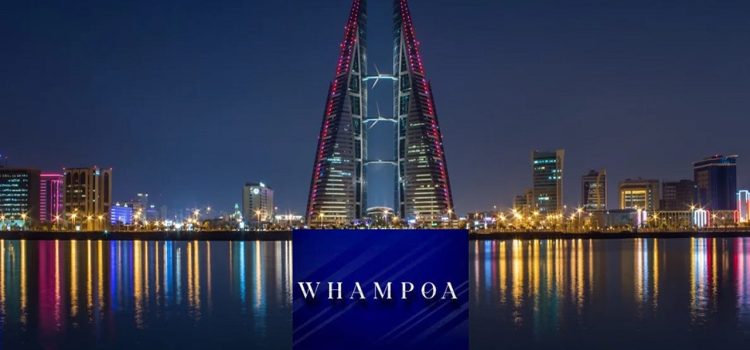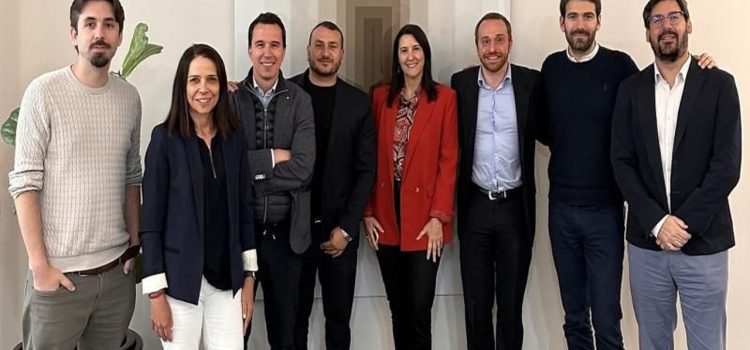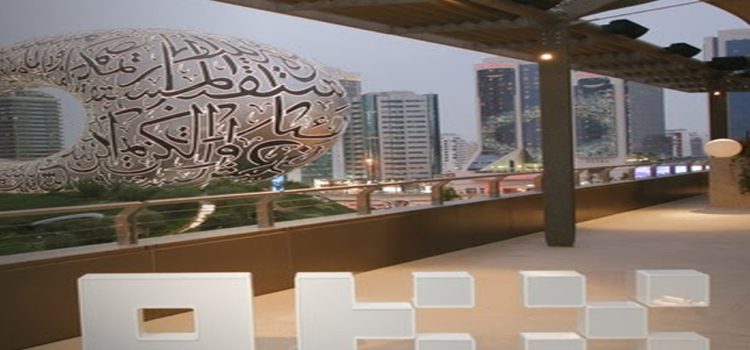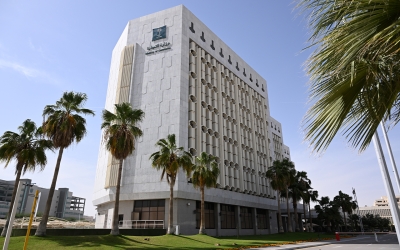
UAE Cypher Capital is one of the investors in Concordia, a multi-chain risk and collateral management protocol for digital assets. Concordia closed a successful $4 million seed round in June, attracting significant investments from Tribe Capital, Kraken Ventures and UAE based Cypher Capital among other investors including Saison Capital.
Concordia’s vision is to create an interconnected, permissionless, and optimized DeFi ecosystem that promotes accessibility, affordability, and developer-friendly environments, ultimately unlocking the true transformative potential of DeFi.
Concordia’s ground-breaking solution attracted the attention of leading Dubai VC Cypher Capital, who are building their portfolio into one of the leading web3 centric portfolios globally.
Bill Qian, Chairman of Cypher Capital said “Concordia represents a significant milestone in the evolution of decentralized finance. As Chairman of Cypher Capital, I am thrilled to be part of this ground-breaking initiative that is bridging the gap between traditional finance and the fast-emerging digital asset ecosystem. Concordia’s innovative collateral management protocol and commitment to interoperability are poised to unlock new opportunities and drive greater efficiency in the global financial landscape. We firmly believe in Concordia’s vision and are excited to support their journey towards creating an interconnected and optimized DeFi ecosystem.”
Concordia addresses this critical pain point within the Web3 ecosystem by leveraging its collateral management capabilities to enable seamless value transfer across previously segregated pools of liquidity, ultimately fostering interoperability across chains. Concordia users gain access to a unified account that allows efficient management of all their assets, opening doors to new opportunities in the rapidly evolving digital economy. By seamlessly integrating multiple blockchains, Concordia pioneers the concept of a cross-chain, cross-protocol margin account in the cryptocurrency space.
The integration of Concordia’s multichain account platform by several prominent Web3 companies enables their users to seamlessly execute margin-related actions.
Concordia is designed as a modular Infrastructure-as-a-Service solution for collateral management, offering a range of products addressing risk, pricing, brokering, rebalancing, non-custodial wallets, and cross-chain synchronization. This architectural flexibility allows Concordia to continuously adapt to the rapidly evolving digital asset landscape.
Tribe Capital’s Managing Partner, Boris Revsin, stated, “I’ve known the team behind Concordia for quite some time, and I am confident they have the grit, technical skills, and go-to-market understanding to make Concordia a market leader in DeFi.”
Laurens De Poorter, Partner at Kraken Ventures, said, “The fragmentation of liquidity across an increasing number of blockchains is a known core issue for those that believe in a multi-chain future. Solving it requires not only superior technology but also best-in-class business development and a deep experience in risk management & compliance. We believe Concordia’s founding team is one of those rare teams that makes all stars align to have a real lasting impact on the overall crypto industry. We could not be more excited to partner up with them!”
Uri Ferruccio, CEO of Concordia, highlights the company’s mission, stating, “Concordia is solving the value convertibility problem for digital assets. There are many different digital assets and distributed ledgers. This has pros and cons. You can create a micro-economy tailored for the fans of a specific company, for example, but value also gets trapped in a multitude of different pockets. Concordia’s unique combination of interoperability technology and institutional-grade risk and collateral management creates a better and safer solution for cross-chain value transfer.”









